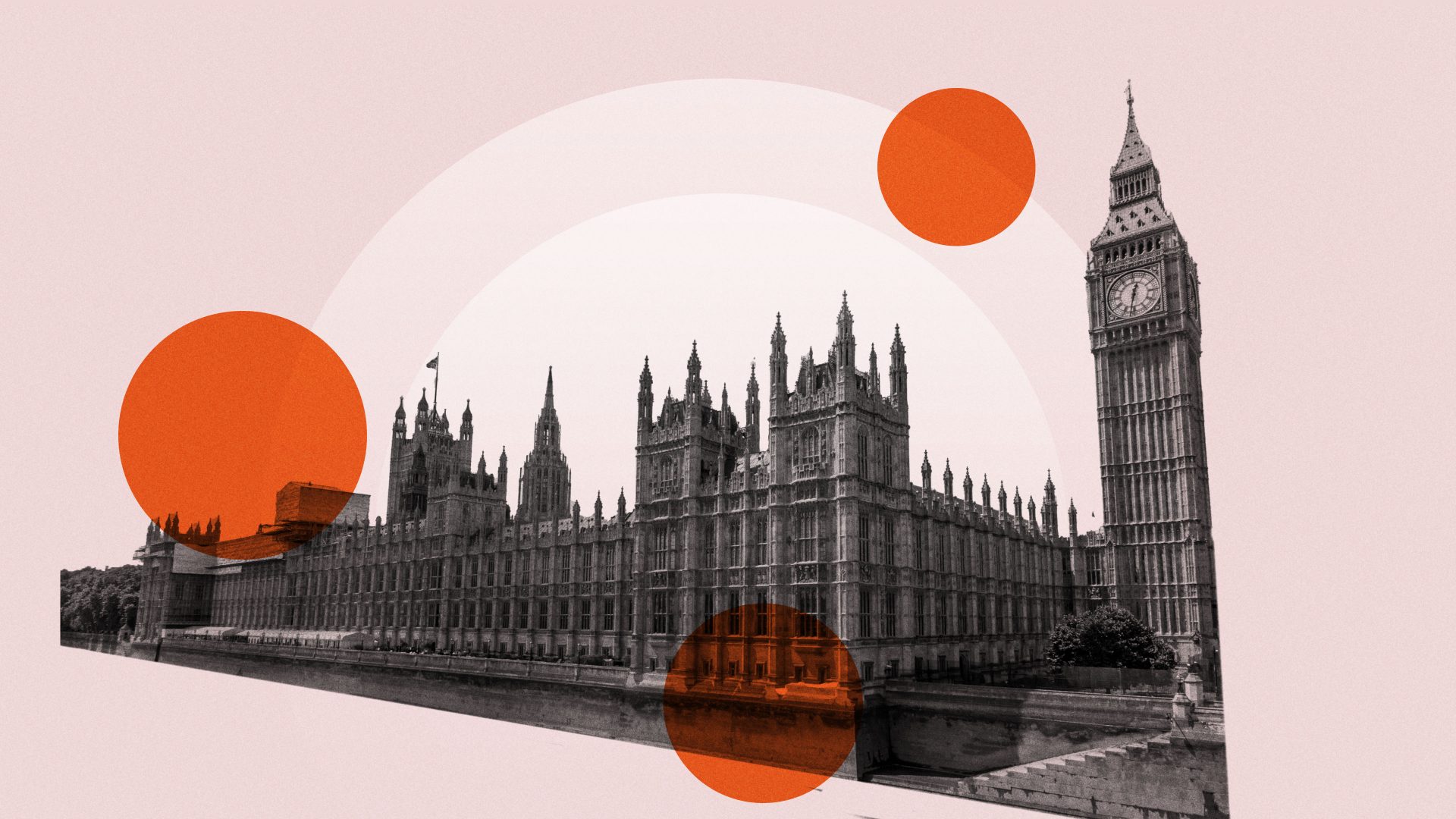Britain’s leading political parties are struggling to manage their expectation management.
When the Conservatives let it be known ahead of last week’s local elections that they expected to lose 1,000 seats, we all knew that they didn’t really mean it – they had inflated the figure so they could claim a sort of victory when the losses turned out to be much smaller. Except in this case, things turned out even worse than the Tories’ worst-case-scenario briefing suggested, and they lost 1,061 councillors instead.
Labour, meanwhile, gained 536 and – though nothing is a given, especially when their baseline is their worst performance since 1935 – thus remain favoured to form the next government after a general election that must be held some time in the next 20 months. But part of Keir Starmer’s challenge is his own kind of expectation management. In pro-Labour circles, there seems to be increasingly nervous muttering about what people might believe a Labour government can get done versus what is possible.
Starmer is trying to overturn a majority of more than 70. A huge, close to 1997-style swing, would not give the party a landslide majority, but instead a tiny, hard-to-manage one. What makes things much worse is that the economy and public finances are not in the same kind of shape as they were in 1997.
If Starmer becomes prime minister, he will inherit a public sector that already has high taxes (by UK standards), without the commensurate quality of public services. Economic growth is sluggish, higher interest rates make borrowing far more expensive than it has been for the duration of the Conservative government, and the cost of living crisis will be ongoing.
Everyone expects a Labour government to improve public services, but public sector workers will also expect Labour to give them a substantial pay rise. Oh, and Labour’s traditional voting base, which is considerably less liberal than its activists, will want to see improvements in criminal justice, where the charge rate for crimes has dropped from 16% in 2015 to just 6% now.
Managing expectations was an almost obsessive endeavour of Labour under Tony Blair. To do the same now is not to embrace Blair’s particular political philosophy, but rather to do so as a testament to realism and to trying to establish a government that can last more than one term.
This is a task that has been made dramatically more difficult by the leadership of Jeremy Corbyn. Under Corbyn, Labour had almost no one on the front bench who had ever had to actually deliver a policy – it is much easier to be uncompromising and “principled” when you never have to compromise with reality.
It is a mantra in hard left circles that Corbyn’s 2017 manifesto was hugely popular, while the absolute electoral wipeout of 2019 is either ignored or blamed on Starmer and Labour’s support for a second referendum. The reality is trickier.
Lots of things in the 2017 manifesto were and are popular – including with this writer. The problem is that when you pile on popular policy after popular policy and promise it can all be paid for by someone else, people stop believing you.
Labour’s “fully costed” 2017 manifesto was not regarded as a credible document by anyone who had been anywhere near government. Labour’s 2019 manifesto then made its predecessor look like a budget blue book – and that was before the party randomly promised £60bn or more to the “WASPI women” affected by an increased pension age.
People don’t pay much attention to the details of policy – almost no pro-Corbyn activist ever bothers to address that while 2017’s manifesto was happy to spend billions a year to scrap tuition fees, it actually planned to continue the freeze on welfare benefits, for example.
But people do get an idea of the aggregate – and in the last two elections, Labour frontbenchers with no experience of delivery told voters it would be workable to nationalise multiple industries, deliver better services, and help the cost of living, with no increase of taxes for 80% of people.
That bears almost no resemblance to reality. The easy tax rises – most notably in corporation tax – have already been made, and their revenue spent. The next government will have to make a lot of hard choices and will not be able to fix everything at once. There will have to be a relatively short list of priorities, and an acknowledgement that not much beyond that can be addressed in a first term.
All of this is likely to amplify the endless howls of betrayal from the left flank of Labour, but – in the words of Succession’s Logan Roy – that merely highlights that these are not serious people. Any idiot can promise you the world. There is nothing impressive about extravagant promises that never become real.
Labour under Starmer sounds wonky and technocratic. This is partly a result of Starmer’s personal lack of charisma, but also seems to be a deliberate strategy – the subtext of almost everything the party does is an underlying message of “it’s safe to vote for us now”.
In other times, that might make sense – and it is an obvious response to the party’s former leadership. But it does seem to miss the mood of the nation: very few voters think the country is on the right track, and even fewer want an opposition party to just deliver more of the same, but more competently.
That leaves Labour trying to plot a narrow course. The party shouldn’t promise a revolution that it cannot deliver, but it also can’t just mutter platitudes.
Labour’s answer to this in 1997 was to issue five simple pledges, which could fit on a card in a wallet. This is, if we are honest, probably the one element of Blairism that Keir Starmer should positively embrace.
Rishi Sunak has five underwhelming “people’s priorities”, while Starmer has pushed a set of wonkish missions. The 1997 pledges were extremely specific – one was to limit class sizes to 30 students, another was to halve time to sentencing for young offenders. One was a negative pledge – a simple promise not to raise certain taxes, to see off Conservative attacks.
The public is struggling with the cost of living, a sense that violent crime is increasing, and the justified belief that health and education are in crisis. If the party wants to appeal to younger voters and aspirational voters too, it absolutely must promise something substantial on housing (where it already has a half-decent offering).
Labour should push on these issues with a tight focus – managing expectations that they can’t deliver something for nothing, but promising that government can be better than it is now.
The British state has a proud history of delivering good public services –
we have done it before, so why can we not do it again? This year is a good time to do that: promise what can be done and win votes, and jettison everything else.
The hard left will continue to howl betrayal at each move. It will continue not to matter. The public don’t believe the Labour Party are magicians. The party now knows that, too.




